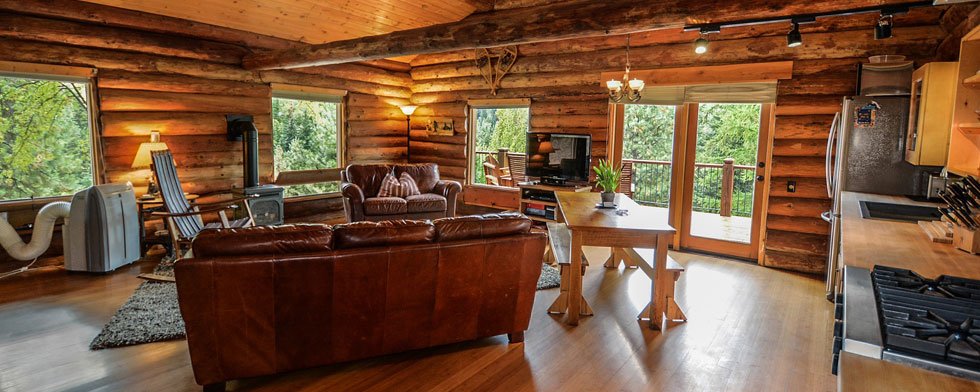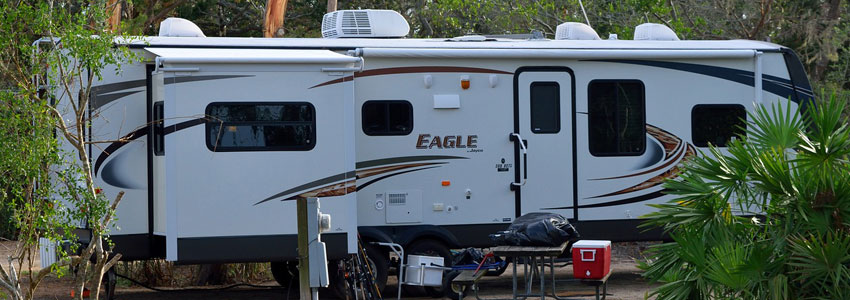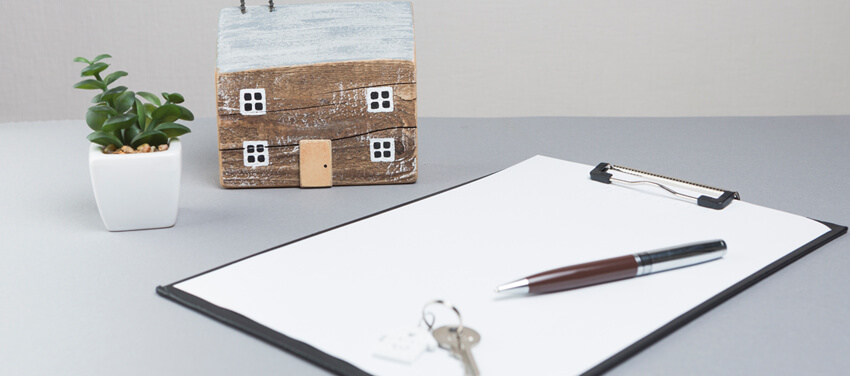What is a Holiday Let?
A holiday let is a property that you rent out, typically fully furnished, to holidaymakers multiple times throughout the year. The idea is that the letting income you receive pays for the mortgage and ideally turns a profit. As the owner, you won’t live in the property but you could use it for the occasional personal holiday retreat.
Holiday lets are also an option if you are looking for a retirement plan. You could buy a property in an area you wish to retire to at today’s prices and let it out as a holiday home so that the letting income covers the mortgage.
Then, when the times come to retire, you sell your existing residential property and use the money to pay off your remaining holiday let mortgage balance, hopefully with some money to spare. Of course this would mean that you want to retire to a typical holiday home area which could be popular with tourists.
What is a Second Home?
If you want to stay in the property yourself and use it throughout the year then this would be seen as a second home. You may need a second property for a variety of reasons such as to be closer to the office during the working week, housing for other family members or simply as a holiday home to enjoy year round. As a result, a second home mortgage is viewed similarly to a standard residential mortgage.
How does a Holiday Let Property differ from Buy to Let?
With buy to let, your property is let out on a long term basis and there is a legal landlord – tenant relationship with an Assured Shorthold Tenancy (AST). This is not the case with holiday lets as the property is rented out for short periods of time to different people (holidaymakers), throughout the year, with the holidaymakers typically paying rental in advance. It is the unpredictable nature of this rental income that makes many lenders nervous to offer a holiday let mortgage.
What Areas are Best for Holiday Lets?
If you eventually intend to live in the property then you will need to decide on location using a combination of head and heart. You might have always wanted to retire by the sea but you should also consider what location will bring the best rental yield. Do plenty of research and consider areas where there are longer tourism seasons or have attractions that are less weather dependent.
Properties in areas with plenty of year round outdoor life for example, may do better throughout the year than a coastal property which could be popular in the summer months only. But at the end of the day, your location choice will be part dictated by where you want to end up living, if you do indeed plan to retire to the property. If it is purely an investment then of course search for areas with the most consistent and highest returns.
Holiday Let Mortgages
Not all the traditional banks and building societies offer holiday let mortgages. You will need to seek advice to find out who provides such mortgage options. Speak to our qualified team of mortgage advisers to find out which holiday let mortgages are currently available on the market.
The reason holiday let mortgages are not so widely available as buy to let mortgages is that they pose a different risk to the lender as a holiday property is not guaranteed to be let out all year round and rental income is likely to fluctuate with the seasons. This is a risk to lenders as there is less security that you will be able to consistently repay the mortgage.
You will likely need a larger deposit (of at least 25%). To raise cash, you could remortgage your existing residential property to release equity in your home.
What about a Second Home Mortgage?
If you are not looking to let the property and generate an income, then you will need a second home mortgage and the lender will apply stricter rules to ensure you are able to afford payments across multiple properties.
Second home mortgages are typically the same as a standard residential loan when it comes to interest rates, features and fees. The most complicated part of the second home mortgage process is the affordability check. There are likely to be much tighter affordability assessments and lenders will assess your existing costs and outgoings. You can use our affordability calculator to get an idea of your borrowing limits for a second home.
You can use our mortgage comparison tool to search through thousands of second home mortgages. Or simply arrange a call back with our experienced team for free advice.
Final Considerations
There are many advantages to owning a second property (either as a holiday let or as a holiday home) and it could be a great way to plan your retirement. However, bear in mind that buying a second property is a big commitment. If you are buying it as a holiday let then you will need to maintain the property all year round and consistently advertise the property to ensure it is let throughout the year.
If you are buying a property as a second home then you will have the responsibility of paying two mortgages and will need to stay on top of your finances to ensure both can be paid. Remember you can always speak to our expert team for free holiday let mortgage or second home mortgage advice.





